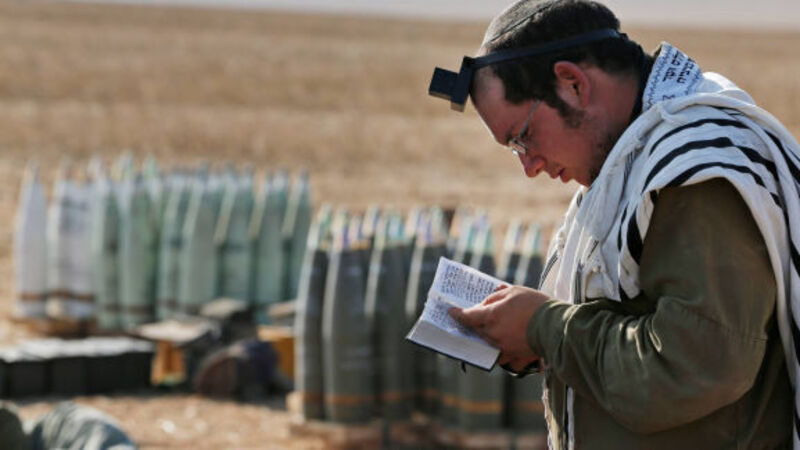The Middle East’s fractured lands - Complex and chaotic, not impossible

Indeed they are, and, tragically, likely to continue to do so for some time yet. More atrocities can be expected.
However, had our cornered diner the inclination — or the interest needed to sustain democracy — he might discover that much of the Middle East seems either a battlefield or a refuge, a source of funding for terrorists.











